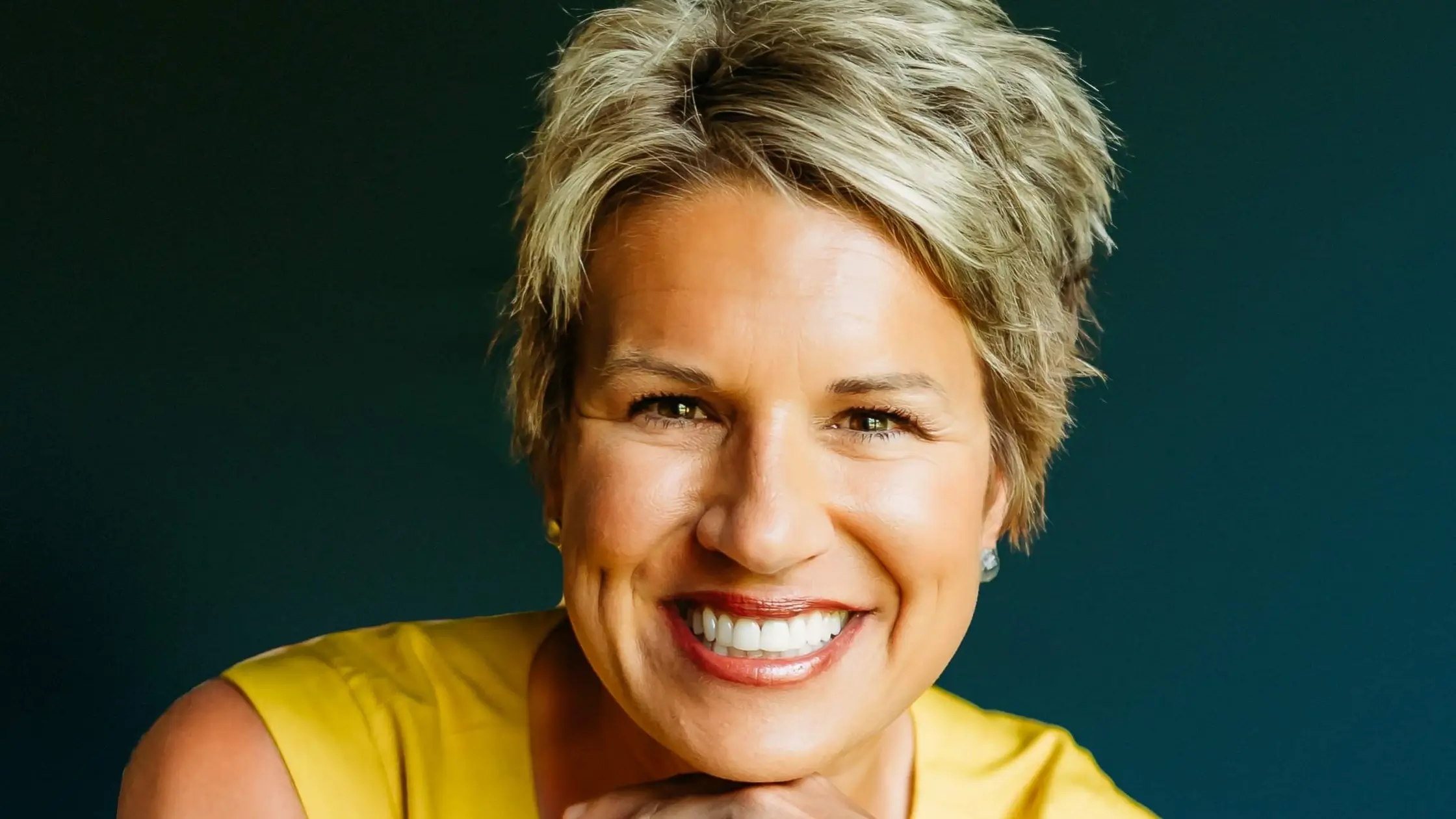From an early age, we are taught to color inside the lines, and any color that strays outside the lines is considered a mistake to be avoided. We are supposed to do everything right, which carries over into adulthood. Perfectionism is a naturally limiting mindset. Imperfection, however, frees us to live outside the lines, where possibilities are infinite, mistakes are allowed, and self-judgment is minimal.
It’s not easy to let go of our need for perfection or the old tapes that play in our head that remind us we are supposed to act, do, and perform in a certain way. In this episode, Kim shares her struggle when things appear to go astray and how she is working to transform how she handles challenges in her own life. When we learn to let go of our “expectations” of ourselves, we begin to see that we have the ability to feel better about just being human beings. We can learn to take back our power and plant the seeds of transformation and inner freedom.
What’s in the episode:
- What perfectionism looks like and how it shows up in our life.
- How to pivot when dealing with hard things.
- Learn to manage your feelings better.
- Understand how belief systems drive the inner critic
- The art of allowing our heavy feelings.
- Three ways to practice self-compassion
“We must learn to process our heavy feelings rather than avoid them.” – Kim Strobel
If you enjoy this episode and it inspired you in some way, I’d love to hear about it and know your biggest takeaway. Take a screenshot of you listening on your device, post it to your Instagram Stories and tag me, @kimstrobeljoy.
I would also love if you subscribed to the podcast and left a review at https://podcasts.apple.com/us/podcast/she-finds-joy/id1487739752
Kim’s Happy Academy Waitlist!

If you’re tired of putting yourself on the back-burner and ready to learn powerful strategies for increasing your happiness levels and reclaiming your life, you might want to grab a spot on the Happy Academy Waitlist. Over 17,000 people signed up for this 10-month program last year, so you are gonna want to be one of the first to know when we open the doors! Get on the waitlist here.

